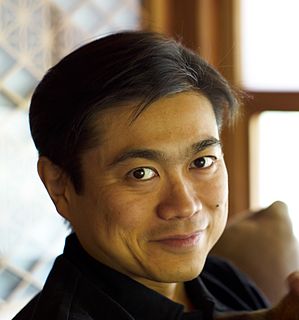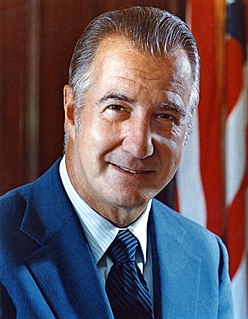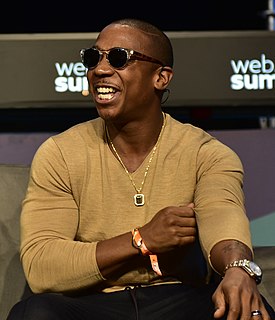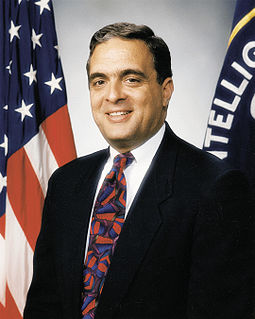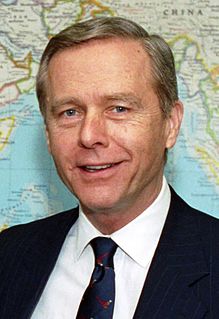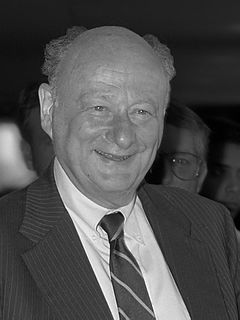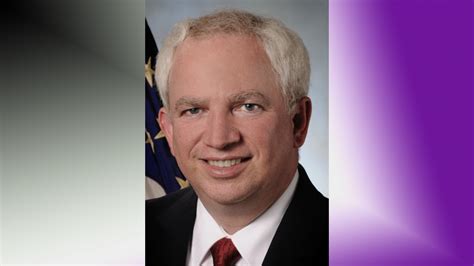A Quote by Anthony Kennedy
The First Amendment is often inconvenient. But that is besides the point. Inconvenience does not absolve the government of its obligation to tolerate speech.
Related Quotes
Because of the free speech clause in the First Amendment, which is very clear, "The government shall make no law abridging freedom of speech," and it literally is about political speech. You can say anything you want about politics, a candidate, and the government cannot stop you. And the Democrats hate that.
Every time I criticize what I consider to be excesses or faults in the news business, I am accused of repression; and the leaders of the various media professional groups wave the First Amendment as they denounce me. That happens to be my amendment too. It guarantees my free speech as much as it does their freedom of the press.
If the Government is going to intrude upon the sacred ground of the First Amendment and tell its citizens that their exercise of protected speech could land them in jail, the law imposing such a penalty must clearly define the prohibited speech not only for the potential offender but also for the potential enforcer.
Citizens United is a disgrace of a decision, holding that corporate money is corporate speech and entitled to the same First Amendment protection as human speech. As a result, corporations now can spend unlimited amounts of money to influence our elections - often in secret, without any public disclosure.
The Constitution, in addition to delegating certain enumerated powers to Congress, places whole areas outside the reach of Congress' regulatory authority. The First Amendment, for example, is fittingly celebrated for preventing Congress from "prohibiting the free exercise" of religion or "abridging the freedom of speech." The Second Amendment similarly appears to contain an express limitation on the government's authority.
We, as artists, we have the right to express ourselves. That is our first amendment, freedom of speech. But I also believe that we have an obligation to the youth to be somewhat responsible in what we say on records. But I think that comes with age. I think that comes with artists growing up and becoming assured of who they are as people.
There is no question that under the Equal Rights Amendment there will be debates at times, indecision at times, litigation at times. Has anyone proposed that we rescind the First Amendment on free speech because there is too much litigation over it? Has anyone suggested the same for the Fourteenth Amendment I don't suppose there has ever been a constitutional amendment with so much litigation?


